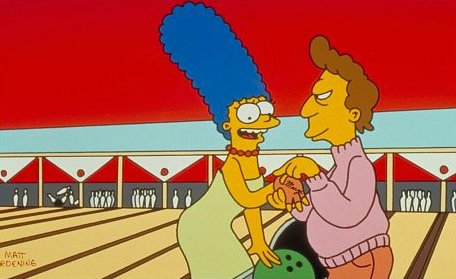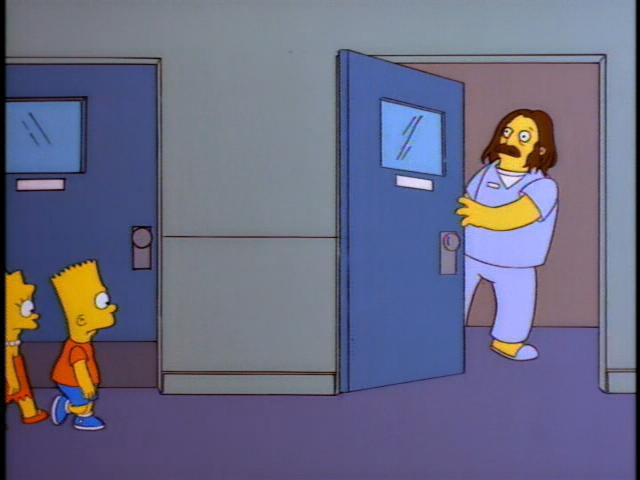--Will speaks first.
--John Smith hesitates before answering (and his hesitation seems... unhappy)
--The stranger has an accent.
--The stranger knows, rather than asking, Will's age.
--Will is the "one" something
--He SHOULD know what's going on
--The rooks are in on it
--The Rider has people
--We're in the past
--Farmer Dawson is an/the Old One
--The thing Will has is called a sign

































































